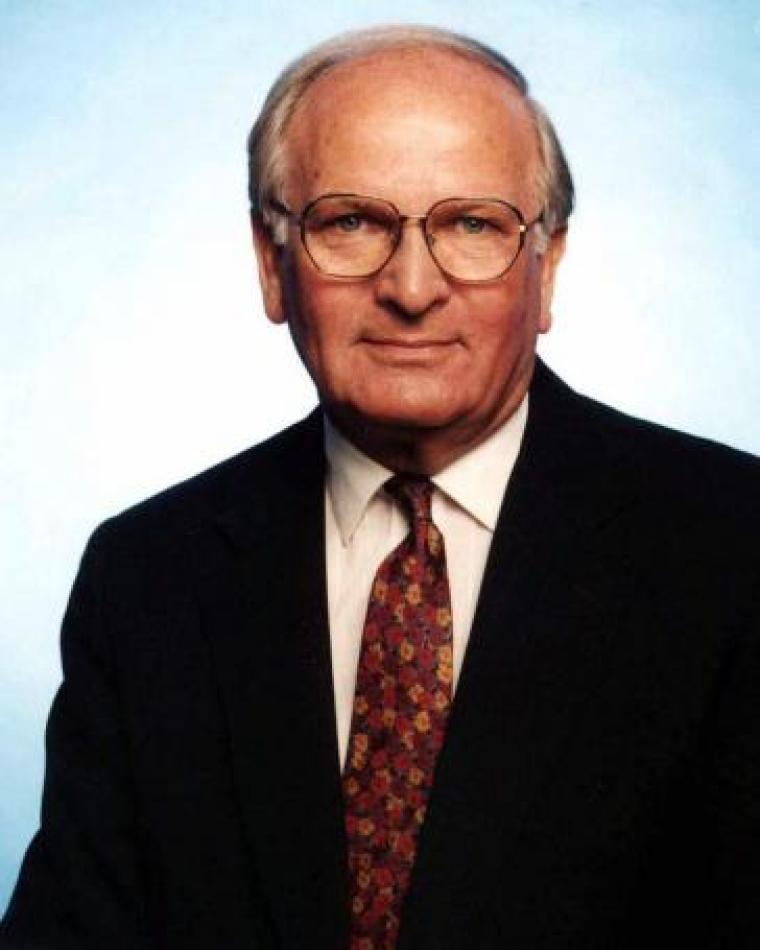
John Robert Schrieffer
John Robert Schrieffer
Contact Menu
August 7, 2019). John Robert Schrieffer, who along with John Bardeen and Leon Cooper shared the 1972 Nobel Prize in Physics for the BCS theory, passed away on July 27, 2019.
In an account prepared by the American Physical Society, an important idea came to Dr. Schrieffer while riding the New York City subway to a physics meeting early in 1957. He realized that all Cooper Pairs in a superconductor could be described by just one of the “wave functions” that characterize quantum mechanics. At that time Schrieffer was a graduate student of John Bardeen.
The three protagonists of BCS then blended all of their ideas creating a complete theory. Their work was submitted for publication to the Physical Review, where it appeared in December 1957 under the straightforward title “Theory of Superconductivity.”
Dr. Schrieffer received his undergraduate degree from MIT and his doctorate from the University of Illinois in 1957. He did post-docs at the University of Birmingham and at the Niels Bohr Institute.
Schrieffer was on faculty at the University of Chicago, the University of Illinois, and the University of Pennsylvania. In 1980, he joined the University of California at Santa Barbara as director of the Institute for Theoretical Physics. In 1992, he joined the National High Magnetic Field Laboratory at Florida State University where he was Chief Scientist and retired from that position in 2006.
Edited obituary based on the obituary listed in The Washington Post
The Nobel Prize in Physics 1972
Born: 31 May 1931, Oak Park, IL, USA
Affiliation at the time of the award: University of Pennsylvania, Philadelphia, PA, USA
Prize motivation: "for their jointly developed theory of superconductivity, usually called the BCS-theory."
Prize share: 1/3
Work:
When certain metals are cooled to extremely low temperatures, they become superconductors, conducting electrical current entirely without resistance. Based on quantum mechanics, Robert Schrieffer, Leon Cooper, and John Bardeen formulated a theory for the phenomenon in 1957. At extremely low temperatures, the interaction between electrons and atoms in the metals' crystalline structure causes the electrons to pair up with one another. As a result, their movement becomes orderly, unlike the random movement at normal temperatures, and electrical resistance disappears.
Robert Schrieffer – Facts. NobelPrize.org. Nobel Media AB 2019. Wed. 23 Jan 2019. <https://www.nobelprize.org/prizes/physics/1972/schrieffer/facts/>